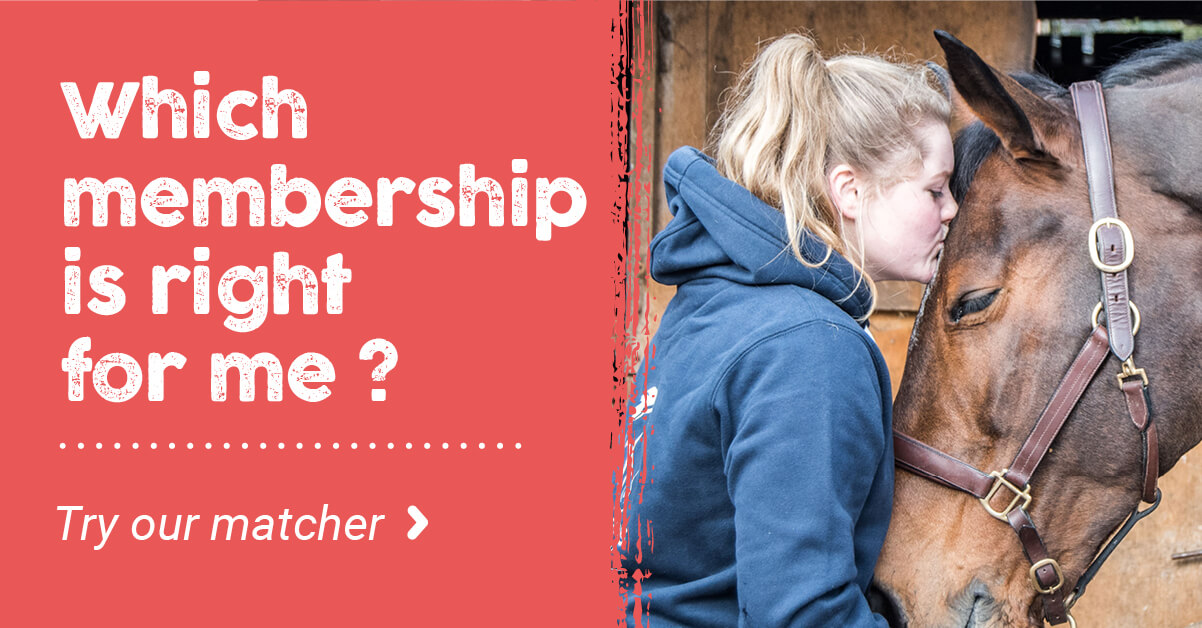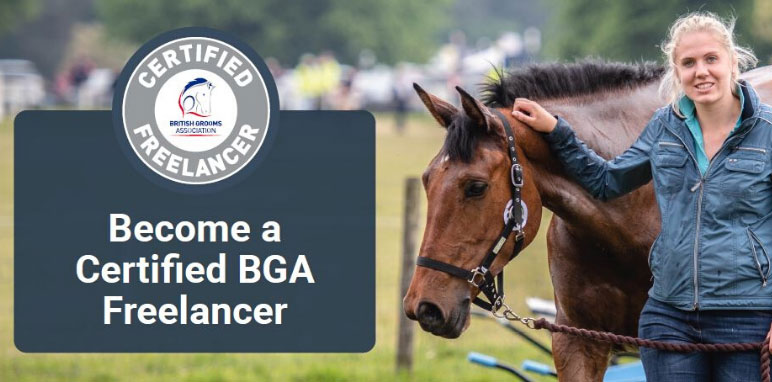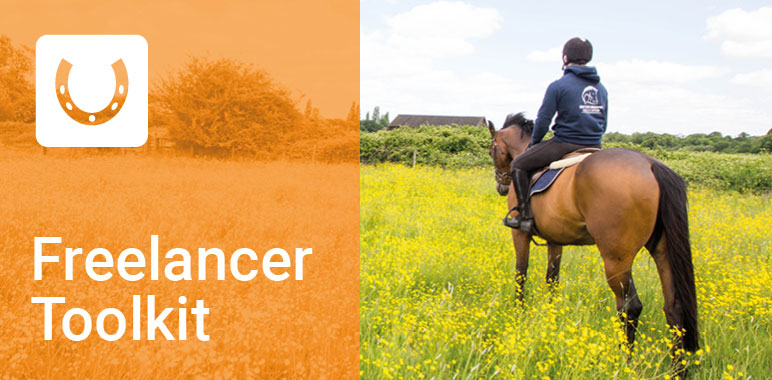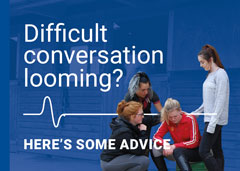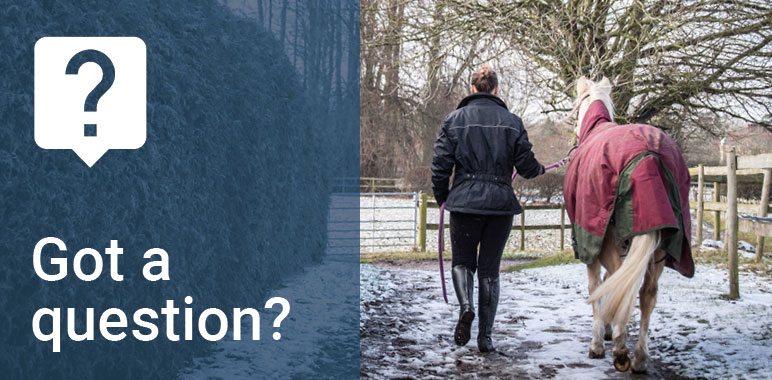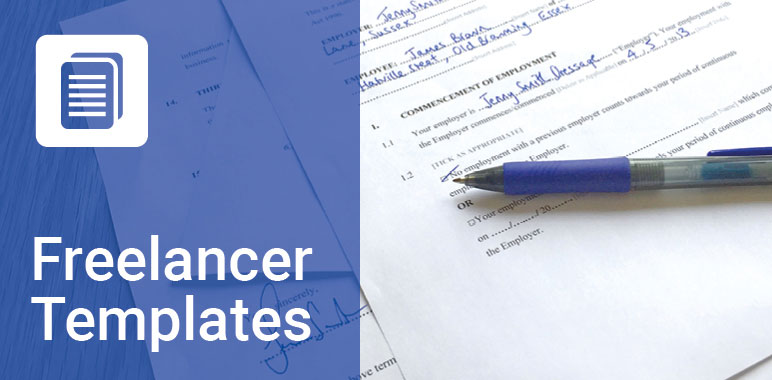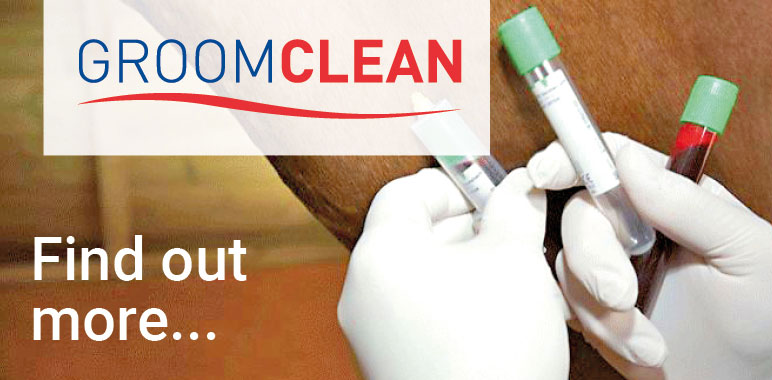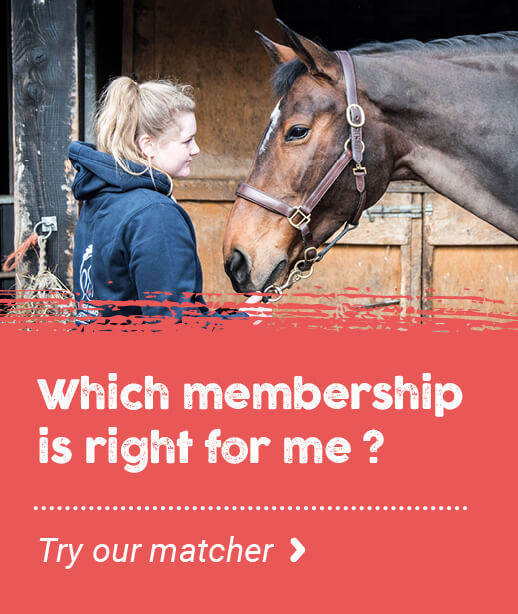- Join Now
- Login
- Member Zone
- Your Career
- Freelancing
- International Grooms Association
- BGA Training
- Healthy Yard Healthy Horses
- Transporting horses
- Brexit
- Safe workplace
- Student Zone
- Member Discounts
- BG Magazine
- Member services
- Training & Careers
- BGA CV Creator
- Horse groom training
- Where to Train
- BGA E Learning
- Career choices
- Change to Racing
- First Aid training for grooms
- Parents
- Grooms Jobs
- Grooms Life
- About
- News
- Contact

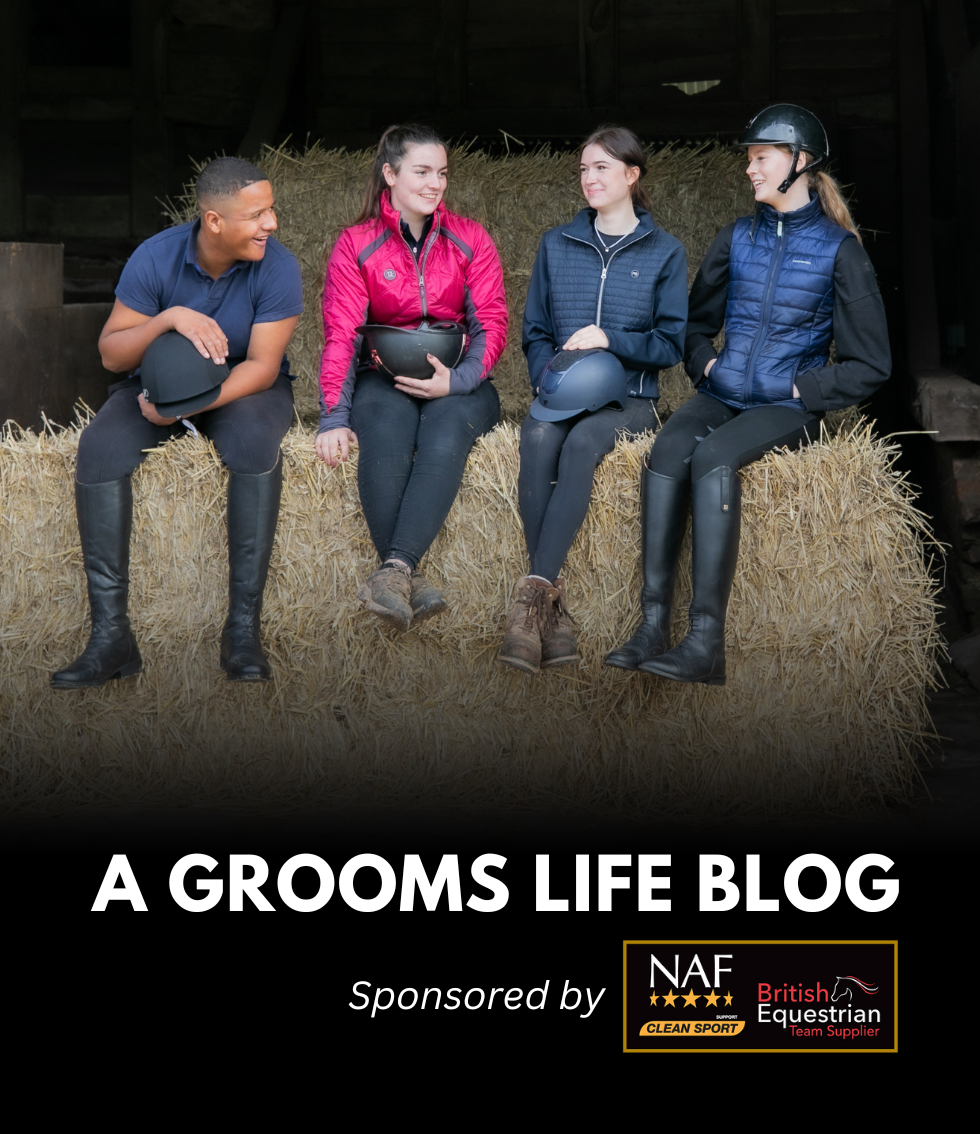
Being around horses can be a risky, accidents happen every day! If someone was injured on your yard, would you know how to react? We asked BGA sponsor, Medi-K Training to tell us what to do, should there be an incident. In today’s blog Ann tells us how to provide on first aid for kick injuries to the abdomen “Horses can be unpredictable, and kicks do happen from time to time. The kick is one of your horse’s most powerful forms of communication. Just as pinned ears or bared teeth send unmistakable messages, a kick–or even the threat of one—tell you about a horse’s state of mind or their physical well-being. Internal bleeding may occur where the blow from a kick may have damaged an internal organ in the abdomen including spleen, liver, stomach, gallbladder, intestines and female reproductive organs. If an internal organ is damaged it could be bleeding into the abdominal cavity. Signs and symptoms - Ask the casualty about the mechanism of injury and where it hurst. They may have no external signs of injury initially. There may be bruising and tenderness around the area which was kicked so you will need to get down to skin level to check. Divide the belly into four around the belly button and, with warm hands, gently press the four quadrants of the belly feeling for pain, tenderness or rigidity. Note which quadrant feels different. Shock is a casualty’s response to blood loss - internal or external. It is the body ‘closing down’ to focus blood in the core – head to thighs - thereby preserving the brain and vital organs. Internal bleeding should always be suspected if someone is in a lot of pain and goes into shock. If conscious, lay them on their back with their feet raised. Some casualties with severe abdominal injuries may prefer to lay down with their knees and head / shoulders raised. Monitor their vital signs and note them down - Alertness may change and the casualty may pass out. They may show signs of dizziness or disorientation. As with shock, lie them down and raise their legs. If they do pass out, put them in the recovery position and place a blanket over them to keep them warm. A mat or blanket underneath is also advised. Read more about vital signs monitoring. You can also download a Casualty Monitoring Card from our website. Continue to monitor - If you suspect internal bleeding at any point even a few hours after a kick, you should get advice from 111 or visit your nearest A&E Get confident – get trained and find out more about dealing with equestrian injuries by attending one of our first aid courses. To find out which first aid course is best for you check out our specific equestrian first aid webpage. Equestrian Accident Book - We have also produced a new equestrian specific Accident Book for horse riding establishments. You can view and buy it here.” Thanks to Ann of Medi-K Training for sharing this useful information with us. Even if you have had some form of first aid training in the past, can you be confident that if an accident occurred you would be able to apply the skills you learnt? Whether you are new to first aid or looking to brush up on your knowledge, first aid training is essential for anyone who works with horses. Medi-K run Equestrian specific first aid courses throughout the UK, including privately organised workshops. The Medi-K trainers are horse riders and owners themselves enabling them to provide equine specific, practical guidance. Find out more about Medi-K’s range of courses; firstaidtrainingcooperative.co.uk/equestrian Did you know BGA members have access to a bespoke online first aid course? This 'First Aid Essentials' e-learning course is FREE for BGA members, log into your account and find the course within the 'Training and careers' section. If you get injured and you are unable to work your income is likely to be reduced, or disappear completely if you are a freelancer. Protecting yourself is important, trust us, we hear about accidents all the time. Find out more about our groom specific insurance policies and how we can help to protect you. Join 1000’s of other grooms and belong to your professional association. Would you know what to do?
26th January 2024
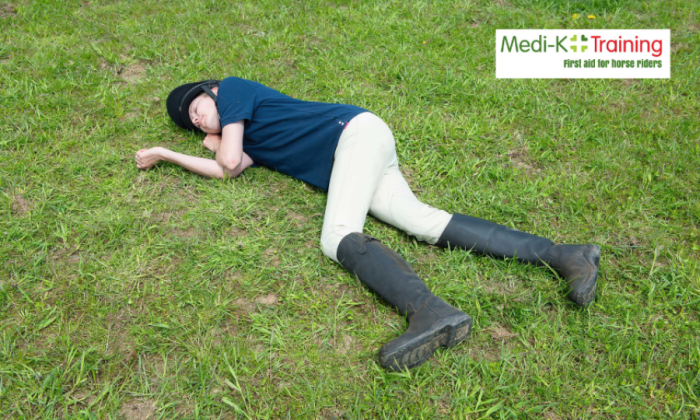
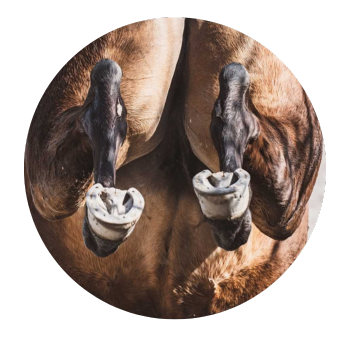
Time critical - If you suspect internal bleeding, call an ambulance or get them to hospital as soon as possible.
NEED TRAINING?

BOOK A COURSE
E-LEARNING
INSURANCE
Are you insured?
BLOG ARCHIVE
- 2026 (1 ENTRIES)
- 2025 (16 ENTRIES)
- 2024 (52 ENTRIES)
- 2023 (60 ENTRIES)
- 2022 (35 ENTRIES)
- 2021 (24 ENTRIES)
- 2020 (19 ENTRIES)
- 2019 (45 ENTRIES)
- 2018 (36 ENTRIES)
- 2017 (7 ENTRIES)
What the personal accident policy covers you for:
- Whilst at work
- All stable duties – mucking out, grooming, washing off, turning out
- Clipping
- Riding – including hacking and jumping
- Hunting
- Lunging
- Breaking in
- Holding horse for a vet and other procedures
- Travelling horses both in the UK and abroad
- Competing in line with your job including: jumping, dressage, eventing
- Injuries that may happen to you whilst you are teaching - but you must also be grooming as part of your duties and not be a sole instructor
What the personal accident policy doesn’t cover you for:
- Riding in a race, point to point or team chase
- Stunt Riding
- Accidents occurring whilst travelling to and from work
- Riding and competing your own horse (but you can upgrade when applying for membership to include this)
- Public Liability – this is a separate insurance policy - the Freelance Groom Liability Insurance
- Care Custody and Control – this is a separate policy - the Freelance Groom Liability Insurance
If you require additional cover then please contact KBIS directly.
| GROOM | RIDER | EMPLOYER | |
|
When you are working for other people you do most of the following; muck out, turn out/catch in, tack up, groom horses, exercise Horses (including hacking, jumping and schooling), in the care of your employer/client. |
|
|
|
| Predominantly ride horses for other people including schooling, exercising and competing. | NO |
YES |
YES |
| Provide grooming services for someone else either full time or on a freelance basis i.e. an employer or a client. | YES |
NO |
NO |
| Employ staff – have an employers liability policy in your name | NO | NO | YES |
| Buy and sell horses | NO | YES | YES |


